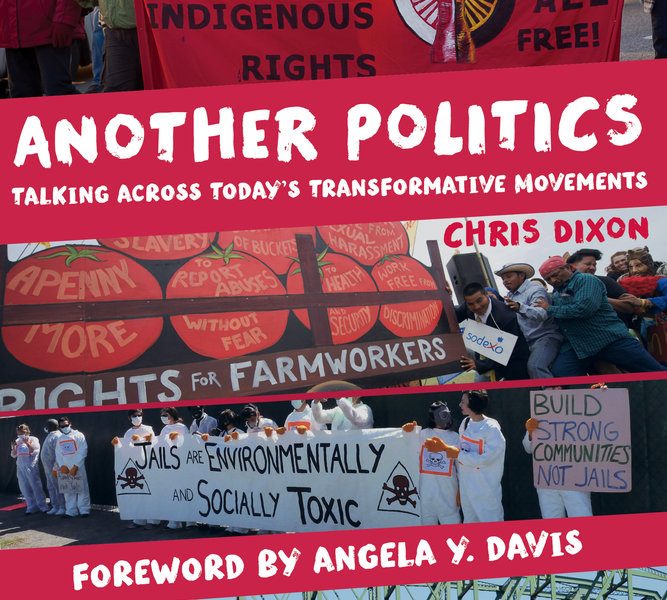Canada Post Corporation management is moving forward with its project of eliminating door-to-door postal service across Canada and Quebec. If it’s completed, it will deprive millions of people of a valued service and thousands of postal workers of their jobs. While this move is very unpopular, in most places not a lot has been done to turn widespread pro-door-to-door sentiment into active opposition. London, Ontario is one city where efforts to build an active campaign around defence of door-to-door have been more successful. We are republishing this article on the campaign in London to give readers a sense of some of the community mobilization tactics being used there. Such campaigns are important not only because they have more potential when it comes to defending public services but also because they can show in practice that there’s an alternative to just waiting for the next election. To quote from an article we published earlier this year, “It is through engaging with social movements that people develop new political skills and confidence and are exposed to new political perspectives about how other struggles and how society works.” With the federal election coming up later this year, it’s important to bear that in mind.
– NSW




